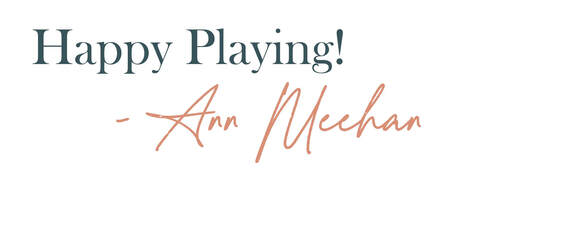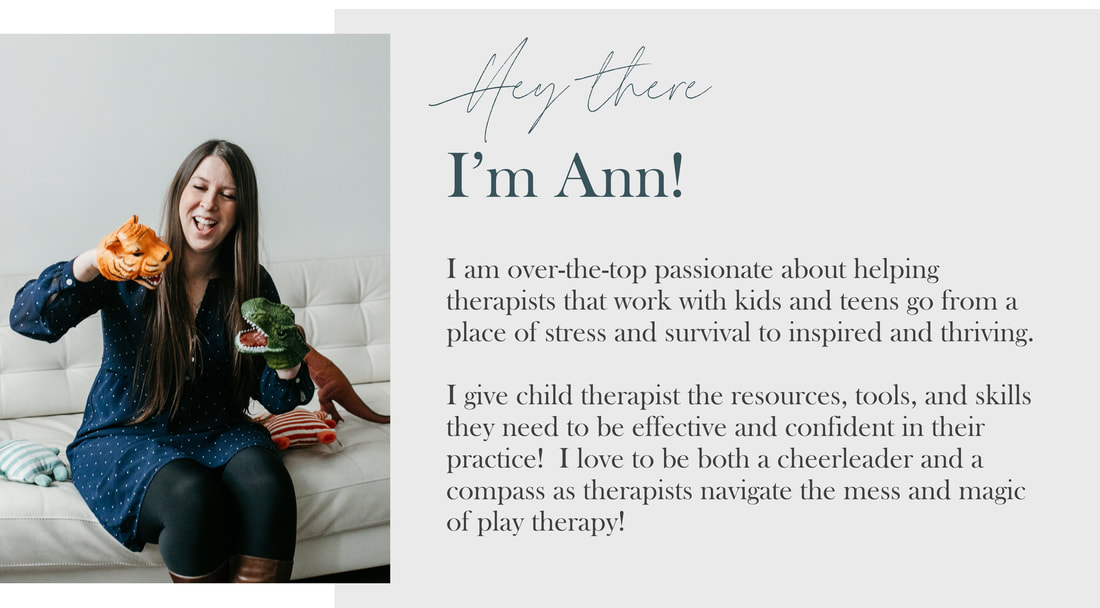|
There are a lot of buzz words when it comes to parenting and behavioral change - consequences, logical consequences, natural consequences, and punishment. And sometimes it can be hard to make sense of it all! (Check out more about limits, boundaries, threats and consequences HERE and dive deep into how clear boundaries and limits should always come before consequences.)
One thing I want to clear up right away - punishment often gets a bad rep. In the pop culture sense when we think of punishment we think of yelling, scolding, sitting on the “naughty step”, and finger shaking.
AND all of these can be seen technically as punishment - but the examples also include the important distinction of shame, which isn't a part of punishment. And with shame, we fragment the attachment relationship and negatively impact self esteem. Also wrapped in with shame can include grown ups getting needs for power and control met in unhealthy and unhelpful ways. In the short term these techniques miiiigh be effective - but long term it can be detrimental to the attachment relationship and the child’s self worth. So what does punishment actually mean? In pure behavioral terms it is something that we give (positive punishment) or take away (negative punishment) to decrease behavior. We might give an extra chore or take away media time to get an undesirable behavior, for example not telling the truth, to lessen. That’s it. Something given or taken away to promote behavioral change in the form of decreasing the behavior. And to be honest? We can't expect children to regulate their big feelings and make excellent choices if the grownups in their life can't. And it is my strong believe that punishment should be given in a way that is connected, regulated, and respectful by the grown up in charge. So then, what is a consequence? Well…according to the CDC it is what happens immediately after a behavior. The CDC also breaks down consequences into natural consequences and logical consequences. So, consequences can improve behavior (ie studying for a test and getting an A) or decrease undesirable behavior. Now, let’s break down the different types of consequences! Natural consequences are what happens next in the world without a parent having to intervene. A child who doesn’t study for a test or turn in their homework may get a lower grade than they would like. A child who says unkind things to their friends without apologizing may not get invited out as often. A child who throws their video game controller at the TV doesn’t have a working TV to play video games on anymore. Logical consequences are something that is directly related to the undesirable behavior. Logical consequences needs the support and intervention of a parent and should provide teaching and learning. For this one we might think of the child who can’t transition off video games takes a break from playing video games. A child who puts a hole in the wall in anger should need to be in charge of helping fix and pay for the repair. A child who sneaks treats has the treats removed from the home. In the text Child Centered Play Therapy VanFleet, Sywulak, and Sniscak break it down a little deeper in a way that I LOVE to be natural consequences, related consequences (or logical consequences), and unrelated consequences. They identify unrelated consequences as something that doesn’t relate to the undesired behavior, but is used to help decrease the undesirable behavior. Unrelated consequences make so much sense because sometimes natural consequences are hard to find. An example of this would be the child who wakes up late for school and nearly misses the bus loses video game time. Now, I would argue that under certain circumstances this could be a related consequence, for instance if this child was sneaking video games and up until 3am leading to difficulty in sleep and waking up on time. So overall, when you are working with parents on parenting skills and techniques whatever word or term you are using the two most important questions to ask are:
Parenting and behavior change is a wildly complex and deep topic, with no one-size-fits all. We need to consider a multitude of things when working with family systems including attachment, trauma, and culture. Overall, the clearer we can get about what specific techniques to use, when, and why the more we can empower parents to be the most effective versions of themselves, all while keeping the attachment relationship intact! Another resource that might be helpful when thinking about consequences? Looking at what need is underneath the behavior and grab this FREE downloadable worksheet for parents! What about you? When you are working with parents what are your favorite recommendations for reducing undesirable behaviors and increasing positive, adaptive, and connecting behaviors? Drop a comment below! Loading...
2 Comments
Ivy
6/29/2022 04:06:04 am
I love your article! I often have trouble finding what is a logical consequence for my child's behavior. For example , recently my very angry 8 yo son called me a very bad (c**t) name which infuriated me. I had already explained before in a nice way that this word is so inappropriate and I dislike it and it hurts my feelings and angers me if he uses it. He did it anyway to get back at me for limiting his screen time. What would be a logical consenquence for that? Should I keep explaining, get mad and not talk to him, punish him... I want him to respect me and not be able to speak to me in such manner. Any thoughts?
Reply
Ann Meehan
7/20/2022 06:18:31 am
Hi Ivy,
Reply
Leave a Reply. |
Hi, there!I'm Ann Meehan, an LPCC, Loading... Archives
July 2024
Categories
All
|
Privacy Policies | Terms of Use | Disclaimer
Contact
[email protected] | Copyright Meehan Mental Health Services 2022
Contact
[email protected] | Copyright Meehan Mental Health Services 2022







